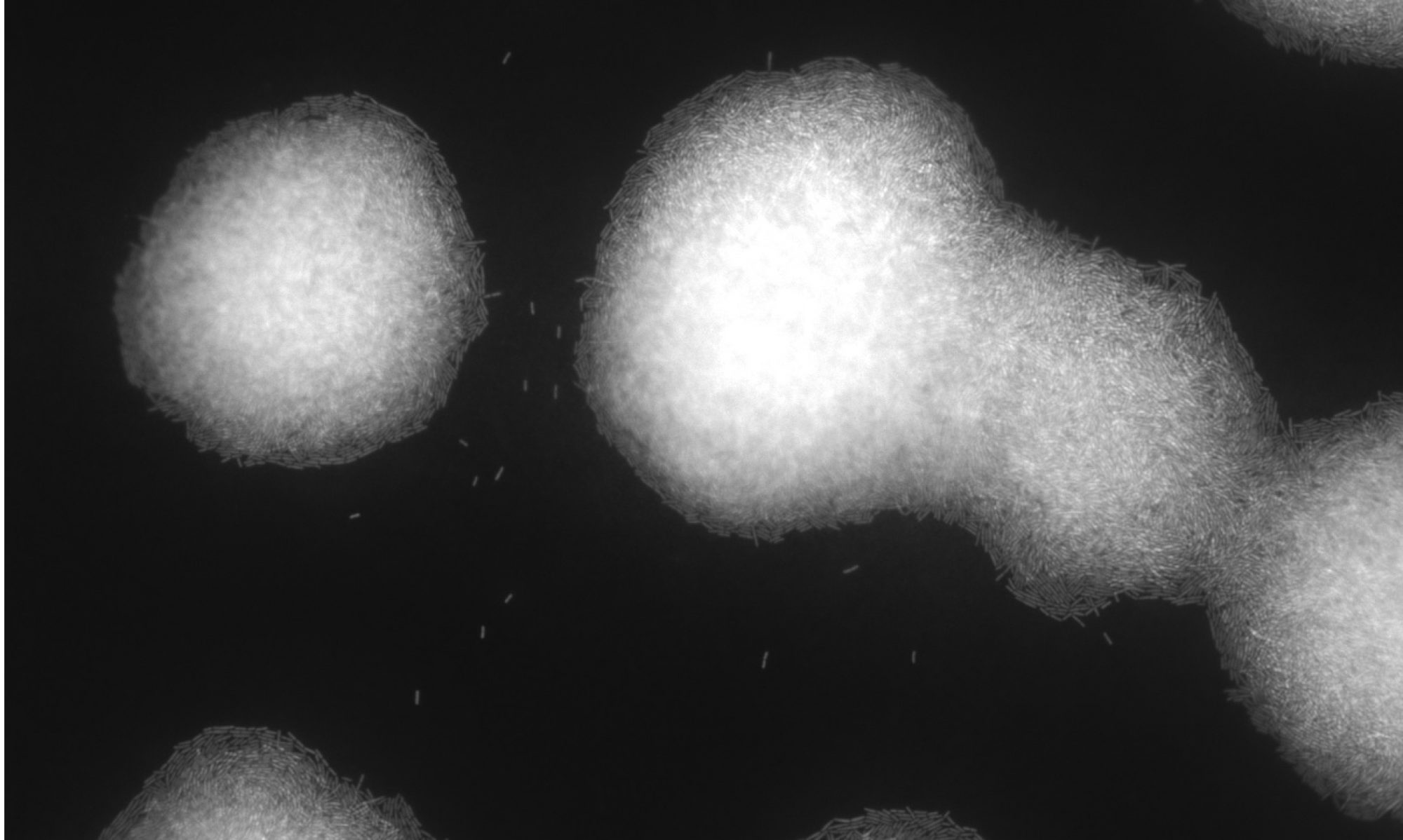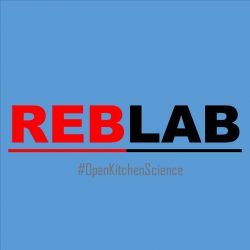Happy new year everyone! To start this year off I would like to share the work of Alexander Woudstra, a 2nd year master student at the Vrije Universiteit Amsterdam. As part of his internship he has studied glycogen metabolism of the vaginal bacterial species Lactobacillus crispatus and Gardnerella vaginalis. This host-derived glycan is the most abundant vaginal carbohydrate source and thought of as vital as a acarbon and energy source.
Previously, Deborah Jekel and Ritesh Panchoe carried out growth experiments with L. crispatus and G.vaginalis on glucose and glycogen. They noticed that in the presence of glucose, L. crispatus does not break down glycogen . Furthermore, a putative pullulanase type I gene was identified in L. crispatus strains that is involved in breakdown of glycogen. Lastly, it was shown that G. vaginalis has a longer lag phase when grown on either glucose or glycogen.
Alexander further studied growth of these species on glycogen and glucose, looking specifically at lag phase, and preferred carbon source when presented with both glucose and glycogen. He also studied inhibition of growth by the alpha-glycosidase inhibitor acarbose, which inhibited growth on glycogen of both Gardnerella and Lactobacillus but also – surprisingly- showed inhibiton of Gardnerella growth on glucose.
Find his full thesis here. We wish Alexander all the best on his future steps!

